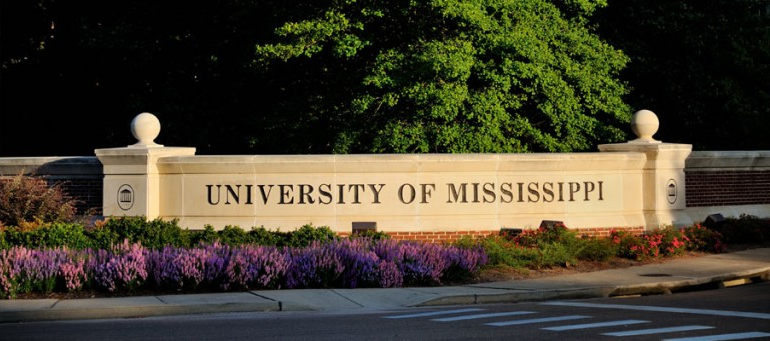Are the identities of anonymous scientists who comment on other scientists’ research online protected by the First Amendment? This is the manner in which the Court of Appeals of Michigan phrased the issue. The case arose when a professor with an impressive record of achivemen in his field was terminated from his employment with the University of Mississippi. The reason? Online postings made anonymously in an online forum.
The Plaintiff, after losing his employment due to the commentary of the online individuals, understadably sought to discover the identity of his accusers. The ACLU, not surprisingly, got involved to protect the anonymous commenters. The claim was that the First Amendment protected the anonymity of the online posters reagarding Sarkar.

The Court’s opinion contains through explanations of various aspects of defamation law, anonymous online comments, and the balance between free speech and legally actionable defamation. The Court’s definition of defamatory meaning is of interest. The Court explained that: “A communication is defamatory if it tends so to harm the reputation of another as to lower him in the estimation of the community or to deter third persons from associating or dealing with him” Smith, 487 Mich. at 113, 793 N.W.2d 533 (citation and quotation marks omitted). “To be considered defamatory, statements must assert facts that are ‘provable as false.’ ” Ghanam, 303 Mich.App. at 545, 845 N.W.2d 128, quoting Milkovich v. Lorain Journal Co., 497 U.S. 1, 19, 110 S.Ct. 2695, 111 L.Ed.2d 1 (1990). ” ‘The dispositive question … is whether a reasonable fact-finder could conclude that the statement implies a defamatory meaning.’ ” Ghanam, 303 Mich.App. at 545, 845 N.W.2d 128, quoting Smith, 487 Mich. at 128, 793 N.W.2d 533. “The context and forum in which statements appear also affect whether a reasonable reader would interpret the statements as asserting provable facts,” and this Court has recognized “that Internet message boards and similar communication platforms are generally regarded as containing statements of pure opinion rather than statements or implications of actual, provable fact.” Ghanam, 303 Mich.App. at 546–547, 845 N.W.2d 128. “Whether a statement is actually capable of defamatory meaning is a preliminary question of law for the court to decide.” Id. at 544, 845 N.W.2d 128.
The Court wnet on to reach what I believe was the correct conclusion regarding the issue, namely “Accordingly, to determine whether Sarkar’s defamation claim could survive a motion for summary disposition under MCR 2.116(C)(8), we are tasked with analyzing each allegedly defamatory statement identified in his complaint.” The opinion contains insightful analysis of Internet law, online defanation, First Amendment protections and Free Speech, the full text can be found here.